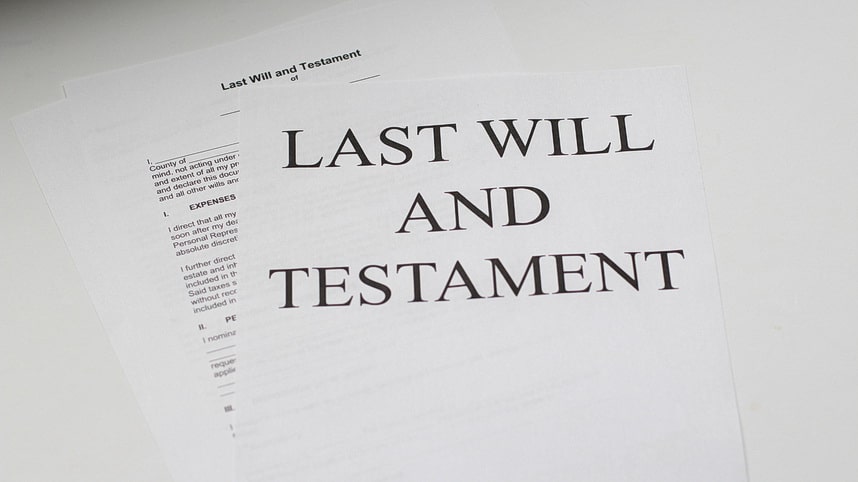You may have heard the term title insurance come up while buying your first home, and your realtor or real estate lawyer may have advised you to purchase a title insurance policy at some stage of the process. But for many first time home-buyers, the concept of title and title insurance may be completely new and hard to grasp. Below is a brief explanation of the basics of title and title insurance, and why title insurance may be worth considering.
Title in Alberta
To identify the ownership of every parcel of land in the province, Alberta utilizes what is called the Torrens Land Registry system, which is a central registry administered by the government of Alberta. The Alberta Land Titles Office (the “LTO”) documents the history of ownership of every parcel of land, including any interests in the property that the land and landowner may be subject to. These may be financial interests (mortgages, tax liens), or legally imposed non-financial interests (utility rights of way, condominium by-laws). In addition to providing the history of ownership in the property, the LTO acts as a means of providing notice to all prospective buyers of such prior interests. As the LTO is a public registry, a prospective buyer can simply request a certificate of title for the land they are interested in, and are able to see the legal owner of the property, and all registered interests that the land is subject to. This provides crucial information to a buyer as the registered interests can affect the buyer’s ability to use the land in whatever way they wish, as well as affect the value and marketability of the land in the event they wish to sell. It is critical that a buyer conduct a title search with the LTO prior to purchasing a property as that buyer may become subject to all registered prior interests in the property (imagine buying a property only to discover that a bank holds a mortgage for 100% of the value of the property!)
Title Insurance in Alberta
While the Torrens Land Registry system is an effective means of protecting property owners and facilitating smooth transfers of ownership, it is by no means perfect. The LTO, after receiving a properly executed transfer of land to effect a sale, can take anywhere between 2 to 8 weeks to confirm registration of the new owner. This delay can open up a transaction to the risk of bad actors to trying to intervene by submitting false registration documents in an attempt to secure mortgage financing (mortgage fraud!).
Another pitfall of the Torrens system in Alberta is that there are other possible impediments to a land owner’s property rights that are not registered against title, which the buyer will nonetheless be subject to if they decide to purchase the property. The most notable impediments are municipal land-use bylaws. While generally, land-use bylaws are in place to protect land owners and ensure appropriate development of land in a particular city or town, the bylaws can become a source of frustration for buyers who have purchased a new property, only to discover that the municipality has the authority to remove or change a key feature of the property they purchased (think a beautiful concrete driveway pad that was built over a utility right of way without permission).
This is where title insurance fits in. For a one-time payment, a title insurance policy will protect a prospective buyer from losses suffered for unknown hazards that may negatively impact title, just like a fire insurance policy will protect a property owner from losses suffered through fire damage.
While generally a good idea for a buyer in what might be the largest investment her or she will make, it is important to note what a title insurance policy will and will not protect against. The following are a list of a few more common coverages and exceptions:
What Can Title Insurance Protect Against?
- Gap Coverage – As a buyer will pay the seller the balance of the purchase price before they receive confirmation that they are the registered owner of the property, the risk of mortgage fraud or unwanted intervening registrations tends to fall on them. Title insurance can provide coverage in the event of losses suffered by the buyer as a result of this.
- Title Defect Coverage – Title insurance can insure the buyer against losses suffered from unknown title defects, including bylaw infractions of exterior improvements to the property.
What Does Title Insurance Not Protect Against?
- Known title defects (if a seller provides the buyer with a compliance certificate from the municipality noting any bylaw compliance defects prior to the buyer ordering the policy, title insurance will not cover the buyer).
- Damage to the Property from Physical Perils (fire, flood, defects in construction);
- Loss of Rental Income;
- Environmental Claims;
- Expropriation.
Whether or not title insurance provides necessary protection to a buyer and his real estate investment is case specific, and it’s important that a buyer receive legal advice from a real estate lawyer who can advise the client on whether or not title insurance is right for them.
If you have concerns about a property you are purchasing and want to see if title insurance is right for you, contact one of Forum Law’s real estate lawyers today.



